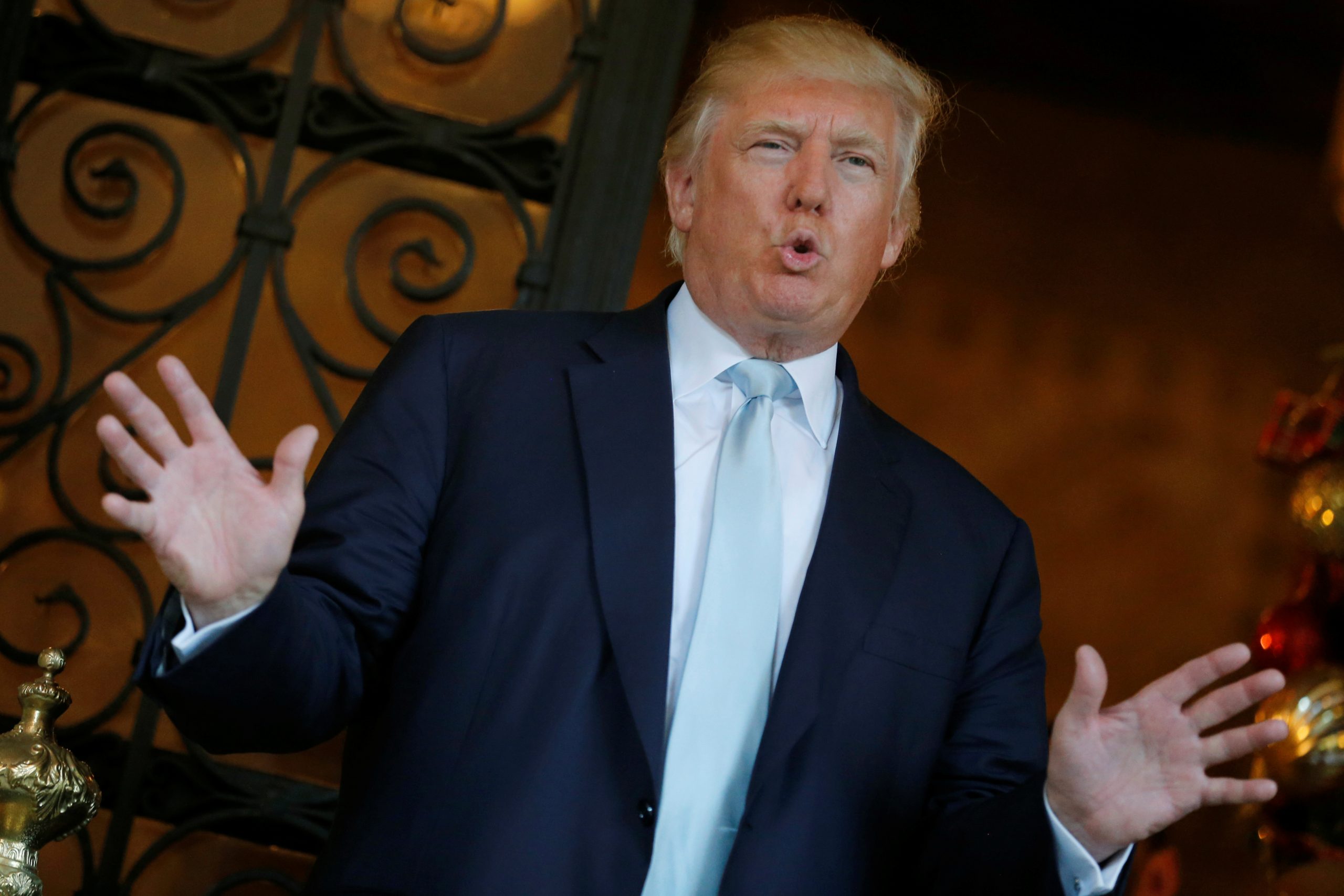As the inauguration of US President-elect Donald Trump draws near, political observers are watching prospective changes in US foreign policy with anxiety.
Trump, who is to take the oath of office on 20 January, is unconventional and unpredictable. Because of his new entry into politics, some of his comments have been politically incorrect or considered unacceptable. If the president-elect is to go by his election campaign promises, he would focus on domestic politics over relations with the international community, including the US pivot to Asia, one of President Barack Obama’s central foreign policy initiatives, which heralded a strategic re-balancing of US interests from Europe and the Middle East toward East Asia.
In conjunction with its larger Asia policy, the Obama administration undertook several significant initiatives toward Burma, which had been subject to economic and political sanctions by the Bush administration.
The Obama administration’s Burma policy started in September 2009, when it officially announced a nine-month-long policy to start engaging the military junta while retaining sanctions.
The US policy shift materialised after having engaged in more than 20 high-level visits from the US assistant secretary, special representative and other officials, meeting with people from different walks of life across the country. More importantly, the support of Aung San Suu Kyi was instrumental in US re-engagement.
The policy shift was followed by then-US Secretary of State Hillary Clinton’s visit to Burma in 2011, which was the first visit by a US secretary of state to the country in 50 years. The visit was preceded by Burma’s progress toward democratic reform, particularly the release of political prisoners, including Suu Kyi.
Clinton’s visit was followed by the appointment of Derek Mitchell as US ambassador to Burma in June 2012. The US downgraded its diplomatic representation in Burma to charge d’affaires following the military coup in 1988 and a violent crackdown on pro-democracy protests, as well as due to the nullification of the 1990 general election result, which was overwhelmingly won by the National League for Democracy (NLD).
In a sign of progress in the bilateral relationship, President Obama first visited Burma in November 2012, the first visit by a sitting US president. He then visited the country again in November 2014, partly because Burma hosted the Association of Southeast Asian Nations and the East Asia summit, which Obama attended.
Bilateral relations improved further in the aftermath of the November 2015 election, which the NLD won in a landslide. The NLD’s victory eventually led to the lifting of the long-held US sanctions on Burma last year. Subsequently, the Obama administration terminated the National Emergency with respect to Burma and revoked the executive order-based framework of the Burma sanctions programme.
The US also restored the Generalized System of Preferences trade benefits to Burma in light of progress on a number of fronts, including strengthening protection for internationally recognised worker rights.
However, the US arms embargo under the International Traffic in Arms Regulations and other stringent export controls remain in place. There is also a continued visa ban on a list of individuals viewed as being linked to the Burmese armed forces, known as the Tatmadaw. In addition, there are Specially Designated Nationals in Burma who remain listed under authorities related to North Korea and narcotics trafficking.
With the lifting of sanctions, the US committed to continued cooperation in addressing challenges, such as strengthening the rule of law, promoting respect for human rights, countering human trafficking, combatting corruption, and advancing anti-money laundering efforts and counter-narcotics activities.
Thus far, Trump has not made any public statements on what his administration’s policy toward Burma will be. But it can be guessed or speculated from his election campaign that Trump is unlikely to take a strong personal interest in Burma like his predecessor.
But the overarching US policy on Burma will largely remain the same. With a Republican in the White House and also both houses of the US Congress being dominated by Republicans, that will even make things easier if the US chooses to implement policies on Burma. Republican senators such as John McCain of Arizona and Mitch McConnell of Kentucky have been staunch supporters of democracy and human rights in Burma.
Whether the Trump administration will have an interest or focus on Burma will also depend on America’s broader policy toward the Asia-Pacific region.
But as the leading advocate of human rights and democracy around the world, the US needs to continue its unfinished objectives in Burma, especially in areas such as the consolidation of democracy, the peace process between the government and ethnic armed groups, and on the sensitive question of the Rohingya issue.
Challenges remain in the democratisation process, especially in areas of institution-building and constitutional amendment, as well as the need for gradually reducing the military’s role in politics.
[related]
The second phase of the 21st Century Panglong Conference is due to begin next month but armed clashes continue between the Burma Army and members of the Northern Alliance — the Kachin Independence Army (KIA), the Ta’ang National Liberation Army (TNLA), the Myanmar National Democratic Alliance Army (MNDAA), and the Arakan Army.
Under the present circumstances, it is unlikely that the majority of armed groups will attend and or participate in the upcoming conference.
It must be remembered that the original Panglong Conference in 1947 failed partly due to the non-participation of all major ethnic nationalities of the time.
Only representatives from the Chin, Kachin and Shan ethnic groups signed the Panglong Agreement with the Burmese government representative Aung San to form an interim government.
Another major problem where the Trump administration should help is regarding the issue of the Rohingya. One way to do that would be to encourage the Kofi Annanled commission, which the NLD government appointed to find a long-lasting solution to the problem.
Nehginpao Kipgen, Ph.D., is assistant professor and executive director of the Centre for Southeast Asian Studies at the Jindal School of International Affairs, OP Jindal Global University.
This article was originally published by the Bangkok Post here.



